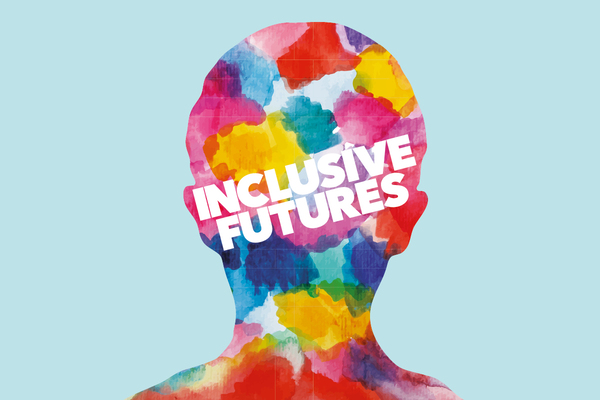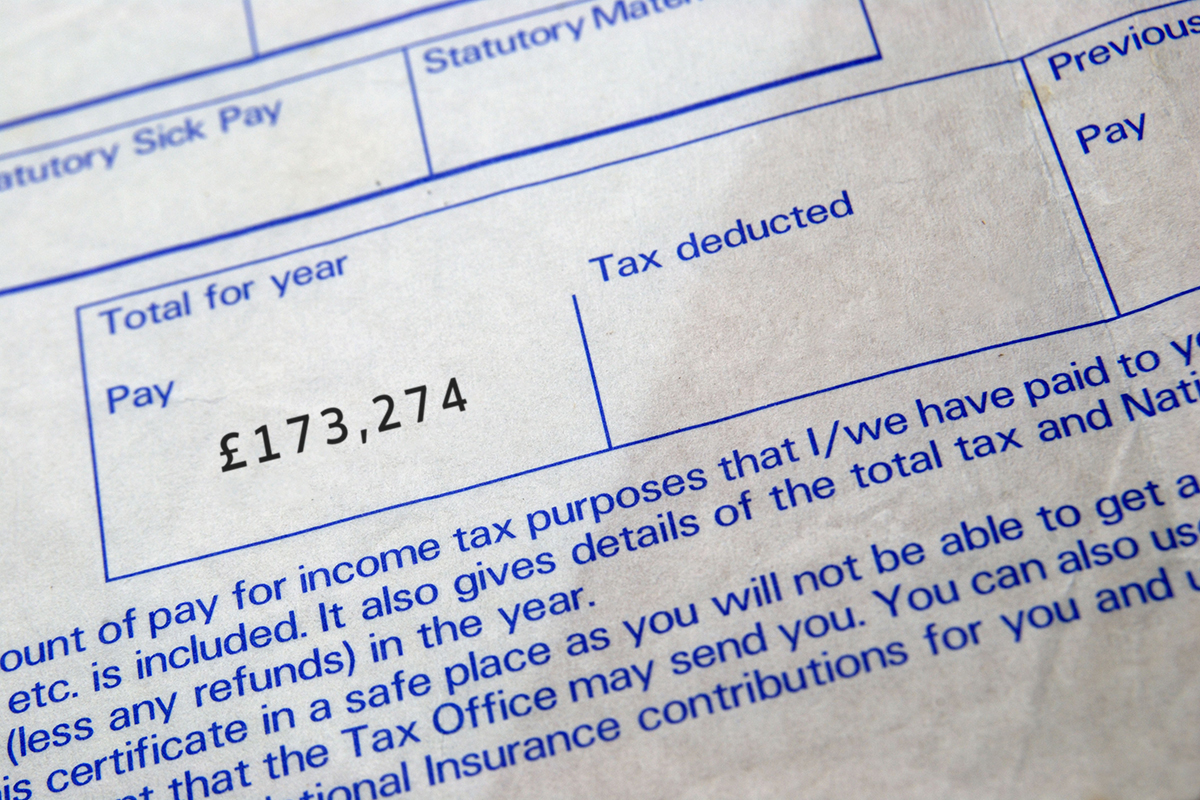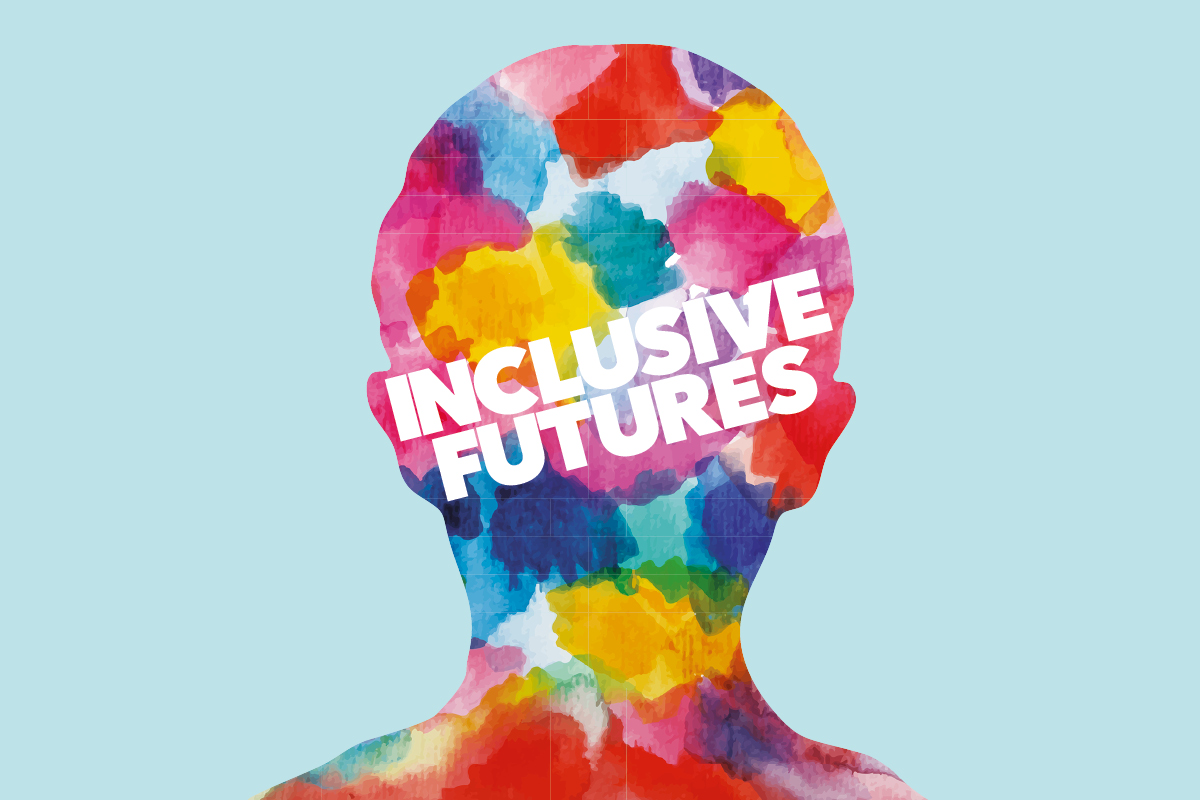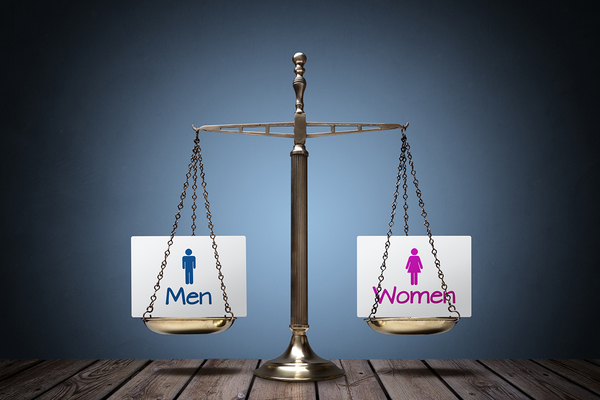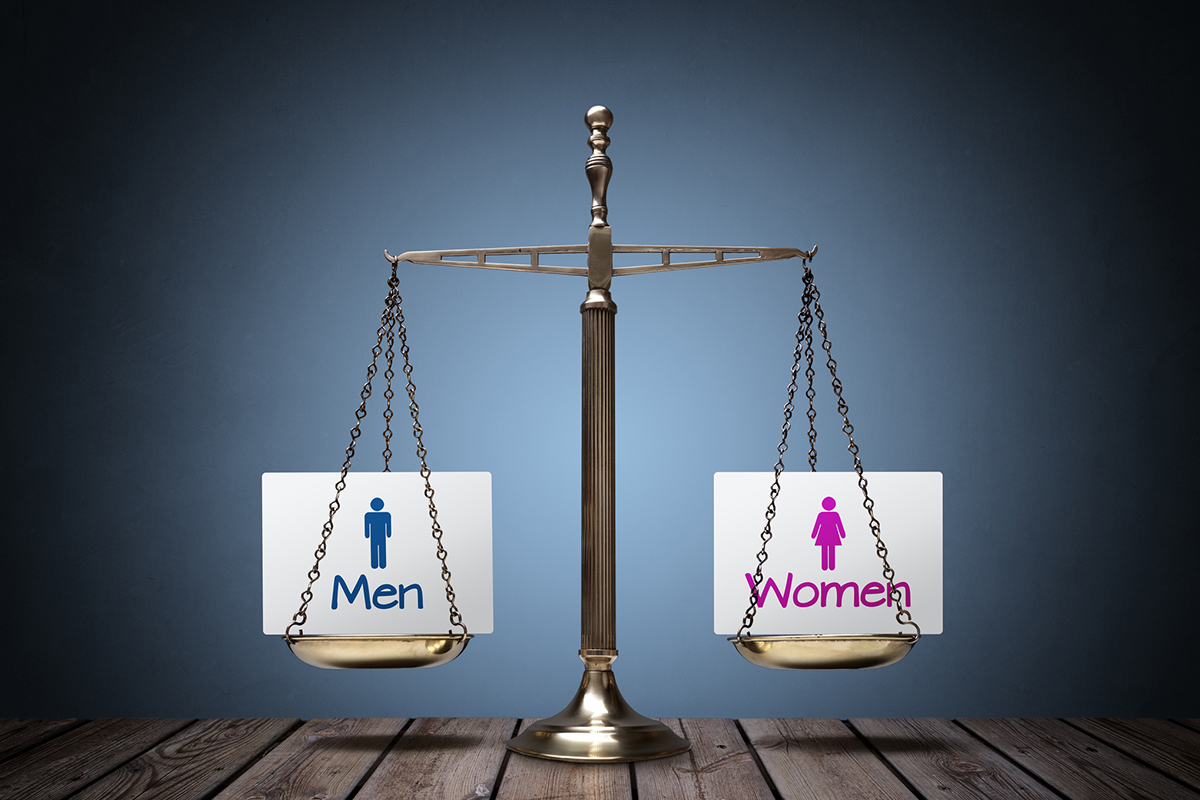You are viewing 1 of your 1 free articles
Homes England boss slams body’s lack of progress on gender pay
The boss of Homes England has slammed the organisation’s lack of progress on gender pay parity after a series of measures brought in over the year resulted in just a slight improvement in its gender pay performance.
Nick Walkley, chief executive of Homes England, said the progress on gender pay “had been too slow” after the organisation recorded a gender pay gap of 18.2% when comparing female and male mean hourly pay, an improvement of just 0.2% on last year’s figure.
Homes England is well below the civil service average from last year of 10.6%, and the national average for businesses and public organisations of 18.4%.
The figures were reported in the agency’s second gender pay gap report published on Friday, which found that the organisation’s median pay gap was 17.5% – an improvement of 2.1% on last year’s 19.6% gap.
Last year, Mr Walkley labelled the organisation’s pay gap performance as “unacceptable” and pledged to combat the issue with a series of changes at the organisation.
These changes included ensuring that Homes England’s workforce panels were mixed, more flexible work patterns for staff and increasing unconscious bias training for staff.
However, he admitted in this year’s report that while the steps the organisation took were “purposeful and well-meaning” they hadn’t “shifted the status quo in a meaningful way”.
He said: “As chief executive, this is a responsibility that I have both to this organisation and to the wider sector.
“We operate in an environment that is still very male, particularly at the most senior levels, and I do not want Homes England to continue being a part of that problem. It is my ambition that we put ourselves in a position to change that picture, and quickly.”
The report also found that women’s bonuses were 62.7% lower when measured on a mean basis. However, 36% of Homes England’s female workforce achieved bonuses in 2017/18, compared with 27% of male workers.
Men dominate the upper two pay quartiles at Homes England, with men making up nearly 60% of roles in the highest pay quartile and 57% of roles in the second highest. Women make up 67.3% of all roles paid in the lowest pay quartile across the organisation.
Females take up just two of the seven director roles at Homes England, 10 of the 38 general manager roles and 42 of the 96 head of team roles.
Gender pay reporting explained
Under Equality Act regulations, employers (including housing associations) with more than 250 employees have until 4 April to publish information about their gender pay on their website and on a government website.
An employer must publish the results of six calculations for pay over a 12-month period:
- average gender pay gap as a mean average
- average gender pay gap as a median average
- average bonus gender pay gap as a mean average
- average bonus gender pay gap as a median average
- proportion of males receiving a bonus payment and proportion of females receiving a bonus payment
- proportion of males and females when divided into four groups ordered from lowest to highest pay.
The regulations specify how hourly pay, bonus pay and hourly rate should be calculated and in what circumstances agency workers and self-employed people should be included in the calculations
Results for individual organisations can be found on the government's gender pay reporting website here. Find results for housing providers by using the search boxes, or by filtering by sector.
Inclusive Futures
Inside Housing’s Inclusive Futures campaign aims to promote and celebrate diversity and inclusion.
We are pledging to publish diversity audits of our own coverage.
We are also committed to proactively promoting positive role models.
We will do this through the pages of Inside Housing. But we will also seek to support other publications and events organisations to be more inclusive.
Our Inclusive Futures Bureau will provide a database of speakers and commentators from all backgrounds, for use by all media organisations.
We are also challenging readers to take five clear steps to promote diversity, informed by the Chartered Institute of Housing’s diversity commission and the Leadership 2025 project.
THE INCLUSIVE FUTURES CHALLENGE
Inside Housing calls on organisations to sign up to an inclusive future by taking five steps:
Prioritise diversity and inclusion at the top: commitment and persistence from chief executives, directors and chairs in setting goals and monitoring progress.
Collect data on the diversity of your board, leadership and total workforce and publish annually with your annual report. Consider gender, ethnicity, disability, sexuality, age, and representation of tenants on the board.
Set aspirational targets for recruitment to the executive team, board and committees from under-represented groups.
Challenge recruiting staff and agencies to ensure that all shortlists include candidates from under-represented groups.
Make diversity and inclusion a core theme in your talent management strategy to ensure you support people from under-represented groups to progress their careers.
THE CASE FOR CHANGE
34%
of housing association chief executives are female
1%
of housing association executives have a disability
1.6%
of housing association board members are LGBT
Women make up 46% of the UK workforce, but Inside Housing research found that they are under-represented on housing association boards (36%), executive teams (39%) and among chief executives (34%).
Almost a fifth of working-age adults have a disability (18%), yet associations reported only 1% of executives and 4.5% of board members with a disability. Many were unable to provide details.
Nationwide, 14% of the working-age population come from a BME background, climbing to 40% in London and Birmingham. Yet our research found that 6.8% of board members identified as BME, compared with 4.5% of executives.
Statistics on representation of LGBT people in the workforce are in short supply, but official statistics suggest that 2% of the total UK population identify as lesbian, gay or bisexual, rising to 4.1% for 16 to 24-year-olds. Our survey found that 1.6% of board members and 10 executives were LGBT – but most organisations were unable to provide figures.
INSIDE HOUSING’S PLEDGES
We will take proactive steps to promote positive role models from under-represented groups and provide information to support change.
We pledge to:
Publish diversity audits: We will audit the diversity of the commentators we feature. We will formalise this process and publish the results for future audits twice a year.
Promote role models: We will work to highlight leading lights from specific under-represented groups, starting in early 2018 with our new BME Leaders List.
Launch Inclusive Futures Bureau: We will work with the sector to compile a database of speakers, commentators and experts from under-represented groups. The bureau will be available to events organisers, media outlets and publications to support them to better represent the talent in the sector.
Take forward the Women in Housing Awards: Inside Housing has taken on these successful awards and will work to grow and develop them.
Convene Inclusive Futures Summit: Our new high-level event will support organisations to develop and implement strategies to become more diverse and inclusive.

